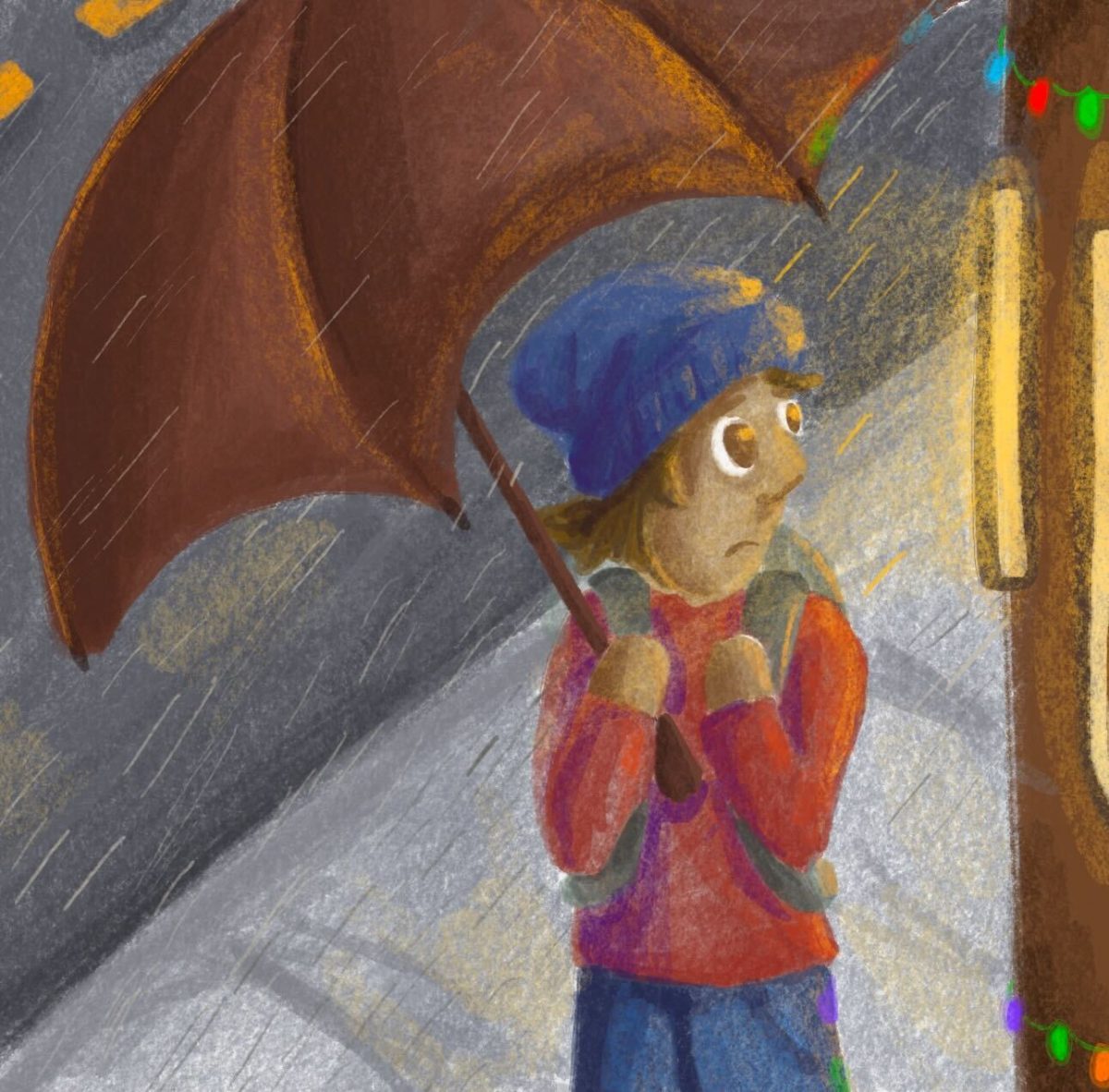Winter break is part of the year that many college students look forward to most. It usually involves multiple holidays that provide a chance to breathe after final exams and a semester with a packed schedule.
But that isn’t the case for everyone.
Return to unsafe spaces
Holidays are associated with an increase in intimate partner violence and assault-related injuries, according to a 2023 study from Emergency Radiology.
College students face particularly high rates of intimate partner violence,with 59% of female victims and 53% of male victims first experiencing it before the age of 25. Nearly one in three college women have been in an abusive dating relationship, according to the National Domestic Violence Hotline.
Domestic violence incidents increase during the holidays for a number of reasons, including financial stress due to gift purchases and hosting gatherings, increased alcohol consumption and limited access to support services and more.
For students in these situations, attending classes and spending most of the day on campus allows them some escape from a dangerous home life. During the holidays, especially when campus is closed, take away that period of relief.
Campus resource centers like CSUN with A HEART, which aids students in reaching food and housing security and offers safety and advocacy resources–close during winter recess.
Thankfully, CSUN’s dorms remain open during winter break, which gives some students the option to remain living on campus and avoid returning home to unsafe partners or families.
However, our campus is largely attended by commuter students, with 49% of us commuting by single occupancy vehicle. That means most of us don’t have that choice.
If you suspect a loved one is involved in an abusive relationship, look out for warning signs such as wearing unusual clothing to cover up, being especially quiet or withdrawn and avoiding parties or other activities they used to enjoy.
Check out this article from Women Against Crime about domestic violence around the holidays to learn more about possible red flag behavior changes.
No home to return to
According to a 2024 report from California’s Legislative Analyst’s Office, 52% of CSU respondents to a survey of California Student Aid Commision financial aid applicants reported housing insecurity.From that same report, 11% of all CSU respondents reported homelessness.
But this only includes individuals that chose to respond to the survey. California has one of the highest rates of unhoused individuals in America, and more than one in five of all homeless people in the U.S. live in Los Angeles County, according to AP News.
What do these individuals do during winter break, often with no family home to return to?
As stated above, CSUN resources lessen during this time, with holiday campus closures looming. Crucial services like the food pantry, temporary emergency housing for up to 20 days and mental health assistance become unavailable.
Although only for a short time, a week can mean all the difference for housing insecure students.
On top of a lack of basic needs resources, the holidays are a time of increased loneliness for students who do not have stable housing. They may find it difficult to connect with others about their situation because of the stigma around homelessness.
The stress of not having a secure place to stay, combined with the pressures of the holiday season, can take a toll on students’ mental health.
According to the National Alliance on Mental Illness, 64% of people with mental illness say the holidays make their condition worse. Additionally, 67% of unhoused people have a mental health disorder, according to a systematic review and meta-analysis from the JAMA Network.
If you or someone you know is experiencing housing insecurity, I encourage you to contact CSUN campus resources before the end of the semester, while they are still widely available.
You can also visit LA County’s Department of Homeless Services here.
Do your part
As you travel to your hometown for winter break, take a second to consider supporting students in need this holiday season.
Donate to crisis shelters to provide immediate relief and safety for those in urgent need in LA or Orange County, click here.
To find and donate to a specific domestic violence shelter or its wishlist to support survivors, click here.
To contribute to changing the lives of youth and students experiencing homelessness in LA, visit the Jovenes website.
Donate here to the Hollywood Food Coalition to help provide hunger relief to unhoused and food insecure individuals in LA County.
Let’s work together to make sure no student is overlooked during this holiday season.












